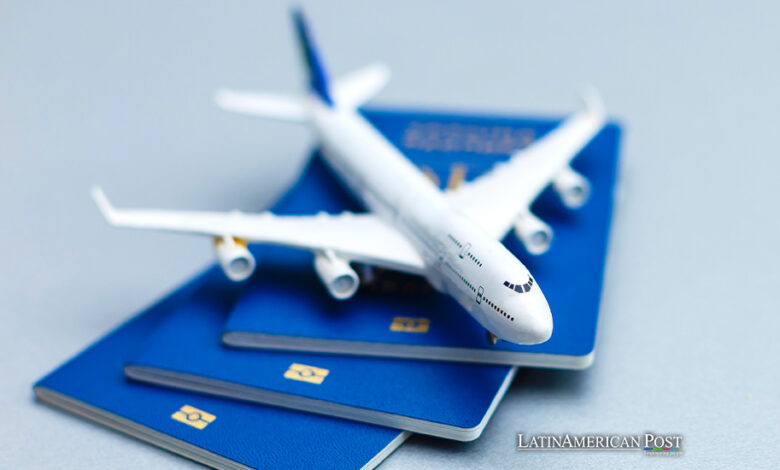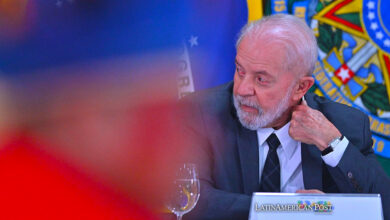Brazil’s Visa Reversal: Tourist Visa Requirements for U.S., Australia, and Canada Delayed Again

Brazil’s Tourist Visa Saga: A Policy Rollercoaster
In a decision that has stirred debate and reverberated across borders, Brazil has opted for a second postponement of the reintroduction of tourist visa requirements for citizens of the United States, Australia, and Canada. This unexpected delay is the latest twist in a policy saga that began with the scrapping of these visa requirements by former President Jair Bolsonaro in 2019, aiming to bolster the nation’s tourism industry.
The rationale behind Bolsonaro’s move was clear: by eliminating visa requirements, Brazil sought to attract a surge of international tourists, making it easier for visitors from these countries to explore the South American nation’s vibrant culture, breathtaking landscapes, and diverse attractions. However, the reciprocal aspect of international travel soon cast a shadow on this initiative.
A Diplomatic Quandary Unfolds
Despite Brazil’s open-door policy, the United States, Australia, and Canada continued to demand visas from Brazilian tourists, adhering to the principles of historical reciprocity and equal treatment. This disparity in visa requirements created a diplomatic dilemma that persisted for years.
The Brazilian government initially postponed the implementation of the visa requirements on October 1, citing the need for additional time to fine-tune the new visa system. Subsequently, President Luiz Inácio Lula da Silva, who took office one year ago, set January 10 as the revised deadline for the policy’s reintroduction. However, in a surprising turn of events, Brazil’s presidency announced Thursday night that the implementation would be delayed again until April 10.
Navigating New Policies Amidst Celebrations
The official statement highlighted that the government was still finalizing the new visa system and desired to avoid rolling it out near the high season. The rationale behind this decision revolves around the upcoming New Year’s celebrations and Carnival festivities in February, which traditionally draw tens of thousands of tourists to Brazil. By pushing the implementation to April, officials hope to minimize disruption to these vital tourism events.
This postponement underscores the complexity and sensitivity surrounding visa policies, particularly when intertwined with economic interests and the dynamics of international relations. While the delay may be a reprieve for travelers from the U.S., Australia, and Canada, it also highlights governments’ challenges in balancing economic objectives with diplomatic concerns.
Lula’s Shift and Diplomatic Resolutions
Lula’s decision to reinstate the visa requirements marked a stark departure from Bolsonaro’s approach. However, it is essential to note that Japan, initially one of the countries included in this policy reversal, successfully negotiated a resolution with Brazilian authorities in September. This diplomatic breakthrough eased travel provisions between the two nations, ensuring that Japanese citizens would not be subject to the reinstated visa requirements.
As Brazil navigates the complexities of its visa policy, the nation’s tourism industry remains at the forefront of these deliberations. The country’s allure as a tourist destination continues to captivate travelers worldwide and plays a pivotal role in its economic landscape. Balancing international visitors’ interests, diplomatic relations, and domestic industries has proven to be a delicate endeavor.
Also read: Inflation, Rates and More Investment, Challenges for Latin American Economies for 2024
While the delay in reintroducing tourist visa requirements may be welcomed by travelers from the U.S., Australia, and Canada, it also highlights the evolving nature of global travel policies and the ever-changing dynamics of international diplomacy. Once again postponed, Brazil’s decision serves as a reminder of the intricate web of considerations underpinning such decisions, where national interests, diplomacy, and the demands of a vibrant tourism sector converge.





